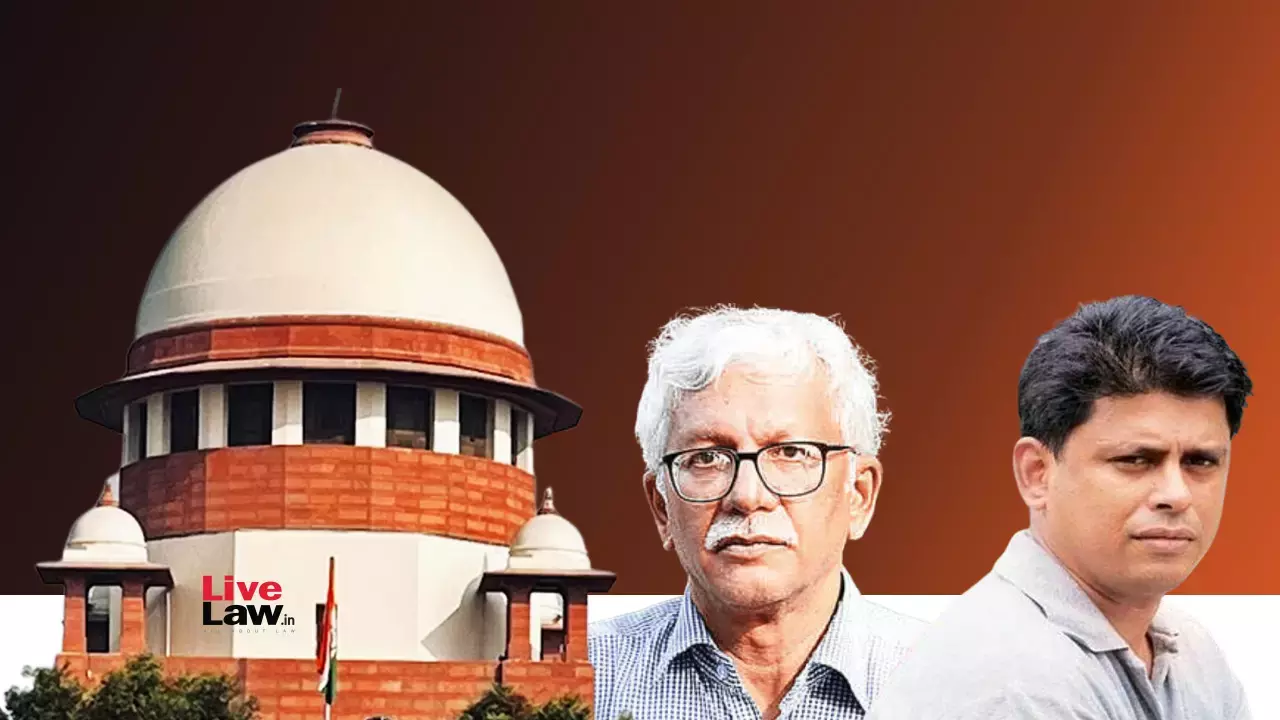Bhima Koregaon Case: Supreme Court Reserves Verdict In Bail Pleas Of Vernon Gonsalves and Arun Ferreira
Awstika Das
3 March 2023 6:23 PM IST

Next Story
3 March 2023 6:23 PM IST
The Supreme Court on Friday reserved its verdict on the bail applications of Bhima Koregaon-accused and activists Vernon Gonsalves and Arun Ferreira, both of whom have been lodged in jail since August 2018 for alleged offences under the Unlawful Activities (Prevention) Act, 1967. They were arrested in connection with the 2018 caste-based violence that broke out at Bhima Koregaon in Pune,...
